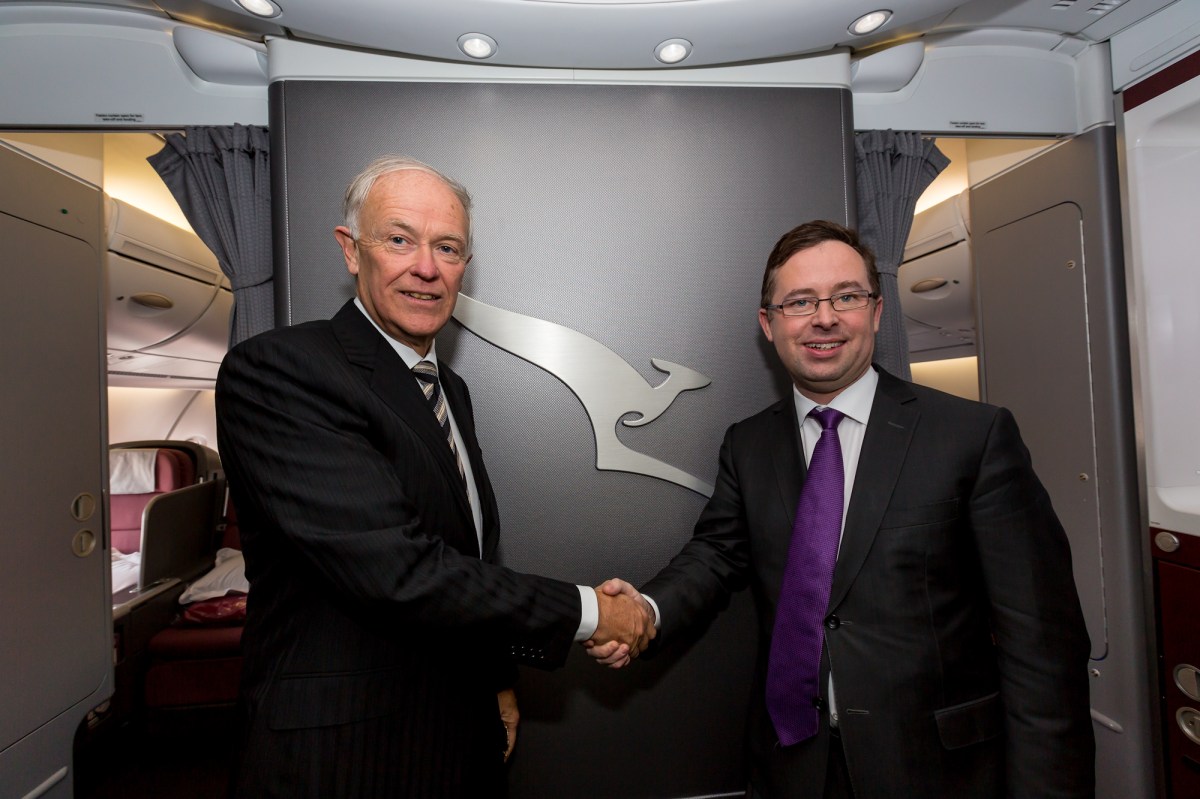
Tourism Australia Managing Director Andrew McEvoy said the announcement of a new international flight alliance between Qantas and Emirates would need to be judged fully over time, but that it had the potential to bolster international visitation and increase the dispersal of visitors in Australia.
McEvoy said a key plank of Tourism Australia’s aviation development strategy was to work with airlines committed to growing aviation capacity to Australia, with the national tourism organisation having now expanded to 14 major cooperative airline partnerships.
He pointed to Emirates’ recently announced plans to increase services including to Adelaide from November and increased flying to Perth prior to year’s end – in addition to its Melbourne, Sydney and Brisbane services – helping the industry stay on track toward its 2020 targets for international air seats into Australia.
“Improving aviation capacity and international access is critical if our industry is to maintain its position as Australia’s largest services export earner,” McEvoy said.
“As a listed company Qantas should do whatever they need to do to survive and thrive. That said, Frankfurt will be a loss for the Australian inbound industry and we shouldn’t underplay that given the value of the German market.
“Tourism Australia will work closely with the industry including those carriers that continue to serve Western Europe to ensure we best manage this change.
“We’re pleased to hear that no other Qantas international services have been cut and that there is a commitment over the medium term to open new routes – including Trans Tasman and into Asia, the fastest growing tourism region to this country,” he said.
McEvoy said that Virgin Australia continued to demonstrate the significant tourism benefits of linking international flying networks to its domestic operations through its alliance strategy – including Etihad, Air New Zealand, Singapore Airlines and Delta – and believed the new tie up between Qantas and Emirates could present similar opportunities.
“Emirates have one of the strongest international networks in the world and are already one of Tourism Australia’s most committed marketing partners. Qantas will provide dispersal opportunities for visitors to Australia, through the complementary strength of its established domestic network.
“Our tourism industry needs to now absorb and adapt to the ongoing dynamics that global aviation is delivering. Overall, international air seats to Australia have grown 15 per cent in the past two years and we are on track to reach our Tourism 2020 targets to double the value of overnight tourism over that period,” McEvoy said.

